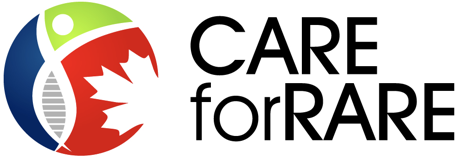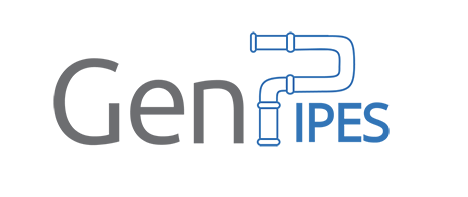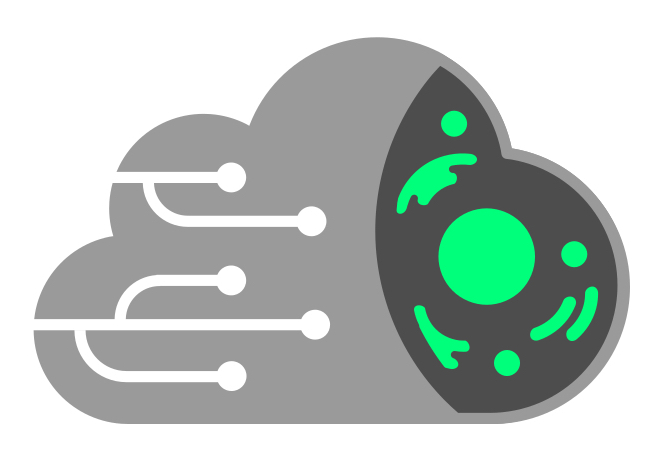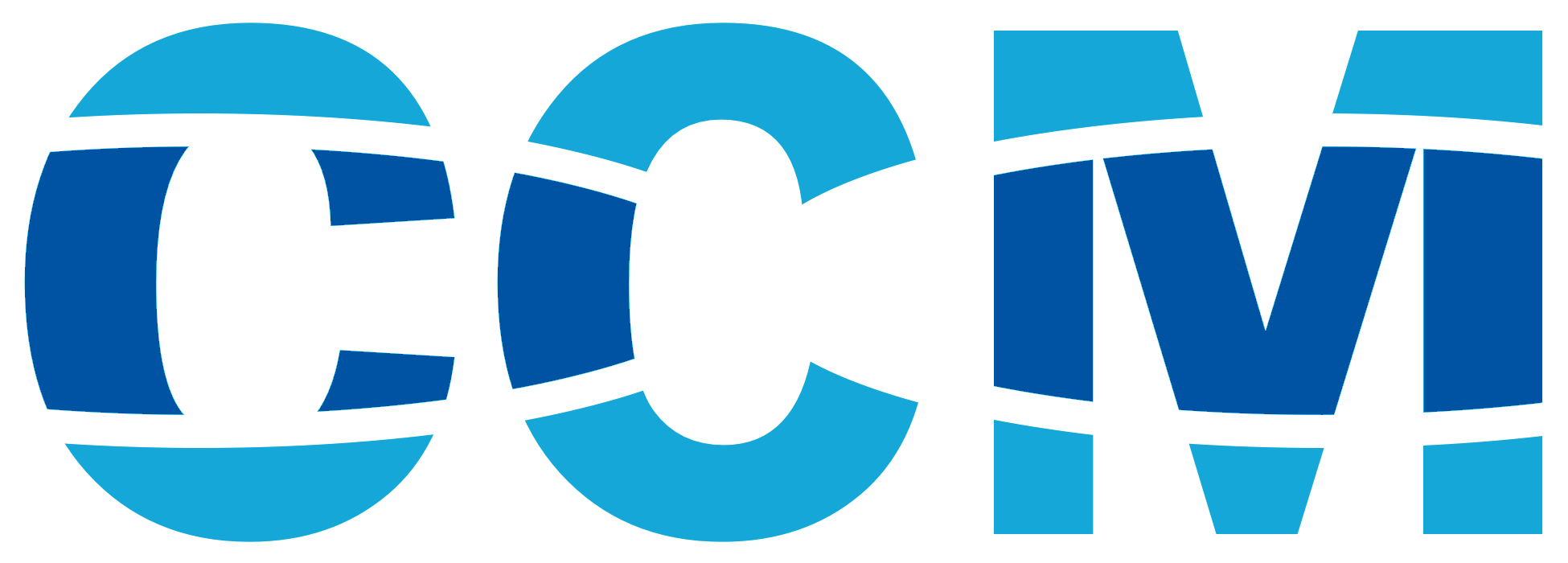Care4Rare: Genetic causes of rare diseases

The CCM is part of Care4Rare, a large pan-Canadian collaborative network of clinicians, bioinformaticians, scientists, and researchers, focused on improving the care of rare disease patients in Canada and around the world. Rare diseases affect over a million patients and their families in Canada. Care4Rare includes over 20 academic sites across the country and is recognized internationally as a pioneer in the field of genomics and personalized medicine. The CCM team provides computational infrastructure and analysis pipelines for its research efforts.
Collaborators: Kym Boycott and the Care4Rare network
Visit the Care4Rare website for more information.
Canadian Centre for Computational Genomics (C3G)

The Canadian Centre for Computational Genomics (C3G) is a geographically distributed innovation program that provides bioinformatics analysis and high-performance computing services for the life science research community across Canada. The CCM team is the Toronto node of the C3G, whereas the Montreal node is based at McGill University.
Collaborators: Guillaume Bourque
Visit the C3G website for more information.
GenPipes bioinformatics pipelines

GenPipes is a suite of bioinformatics pipelines developed at the Canadian Centre for Computational Genomics (C3G). This includes a wide array of pipelines for RNA-Seq, ChIP-Seq, whole genome sequencing, exome sequencing, epigenomics, Hi-C, metagenomics and other data types. The CCM team is participating in the development, testing and deployment of GenPipes as part of the larger C3G project.
Collaborators: Guillaume Bourque and the G3G team
Visit the GenPipes website for more information.
CReSCENT: Single cell RNA-seq portal

The CCM team collaborates with a team from University Health Network (UHN) led by Trevor Pugh on the analysis of single-cell RNA sequencing (scRNA-seq) data. We are developing CReSCENT, a web-based toolkit for the analysis and visualization of single-cell expression in cancer. CReSCENT uses public data sets and preconfigured pipelines that are accessible to computational biology non-experts and allow optimization, comparison and reanalysis for specific experiments. Users can also upload their own scRNA-seq data for analysis and results can be kept private or shared with other users.
Collaborators: Trevor Pugh, Parisa Shooshtari
Visit the CReSCENT website and read the CReSCENT paper for more information.
RNA-seq diagnostics
We are developing new diagnostic methods using total RNA sequencing (RNA-seq) and transcriptome analysis. Our collaboration with James Dowling’s team confirms that RNA-seq can greatly improve diagnostic yield in genetically unresolved cases of Mendelian disease. These novel methods help us identify disease mechanisms caused by non-coding mutations, transcriptional repression, exon skipping and intron inclusion. They demonstrate RNA-seq as a powerful clinical diagnostic tool that can be applied to the large population of individuals with undiagnosed, rare diseases.
Collaborators: James Dowling
See our RNA-seq paper for more information.
CRISPR/Cas9
We are developing ForCasT, an open-source pipeline to design CRISPR mutagenesis experiments. This work enables researchers to use a variety of RNA-guided endonucleases to design CRISPR guides in their model organism of choice, evaluate the potential off-targets of those guides and design primers to ensure that the knockout was successful. This pipeline is currently in use at the Centre for Phenogenomics (TCP) and Baylor College of Medicine.
Collaborators: Lauryl M.J. Nutter
Visit the FORCAST website and read the FORCAST paper for more information.
Epigenetic disease signatures
Epigenetics plays a key role in regulating gene expression. Many pathogenic mutations are associated with specific epigenetic patterns, which may be used as disease biomarkers. Our team has collaborated with Rosanna Weksberg’s lab to detect aberrant patterns of DNA methylation (DNAm) in a range of neurodevelopmental diseases and syndromes. Together we initialed a fruitful new research direction and have published a number of studies of epigenetic disease patterns.
Collaborators: Rosanna Weksberg
See our papers on epigenetic disease signatures for more information.
EpigenCentral
The CCM team has built a web portal called EpigenCentral, which uses machine learning and predictive models to analyze epigenetic data and detect patterns related to diseases. This resource serves as the knowledge base for the epigenetic signatures of neurodevelopmental disorders. It is built in collaboration with Rosanna Weksberg lab and is intended for the broad biomedical community and clinical practitioners.
Collaborators: Rosanna Weksberg
Visit the EpigenCentral website and read the EpigenCentral paper for more information.
Medical image analysis
The CCM has several ongoing projects on medical image analysis and predictive modelling. For example, we collaborate with Steven Miller’s lab on the development of statistical methods and pipelines to analyze brain MRI of children born preterm. We also collaborate with Matthias Wagner’s group on applying machine learning to MRI to predict adverse outcomes in pre-term neonates.
Collaborators: Steven Miller, Matthias Wagner, Katherine Taylor.
See our papers on medical image analysis for more information.
Inflammatory Bowel Disease (IBD)
The goal of the IBD project is to study the prevalence of monogenic variants in a cohort of paediatric patients, and to identify novel variants contributing to this disease. The CCM team provides bioinformatics support and statistical analyses for this ongoing project. This work is done in collaboration with Aleixo Muise’s lab and has involved over 4000 whole-exome sequencing samples from SickKids and from external cohorts.
Collaborators: Aleixo Muise
See our IBD paper for more information.
Allergy research
This project aims to create accurate tests for allergen response in children and adolescents. Together with our collaborators from Thomas Eiwegger’s lab at SickKids, we analyze data on peanut and tree nut allergens collected in Canada and Austria using different testing platforms. We then help develop statistical models to aggregate multiple testing results and to improve the detection of allergen response.
Collaborators: Thomas Eiwegger
See our allergy paper for more information.
